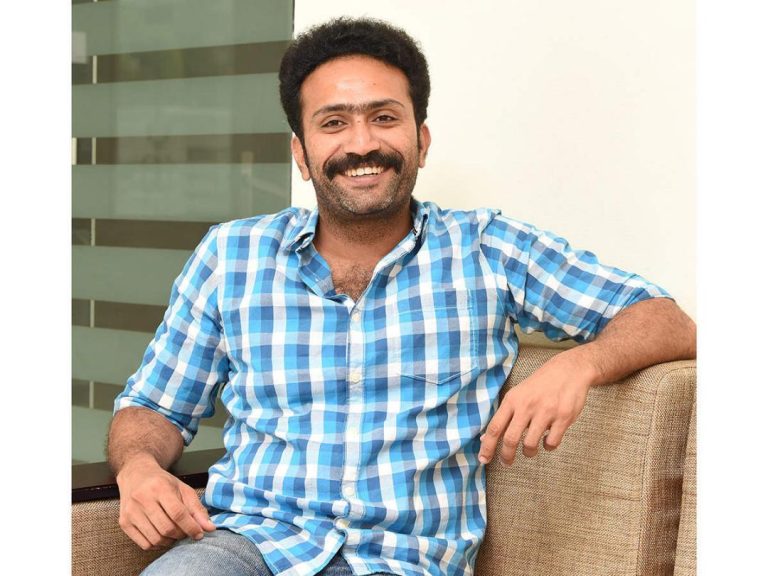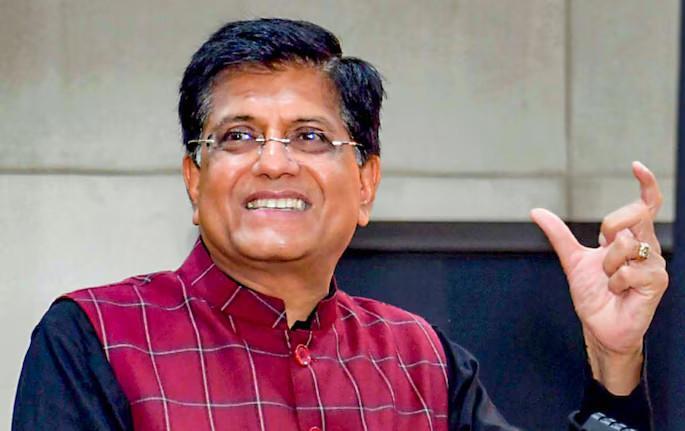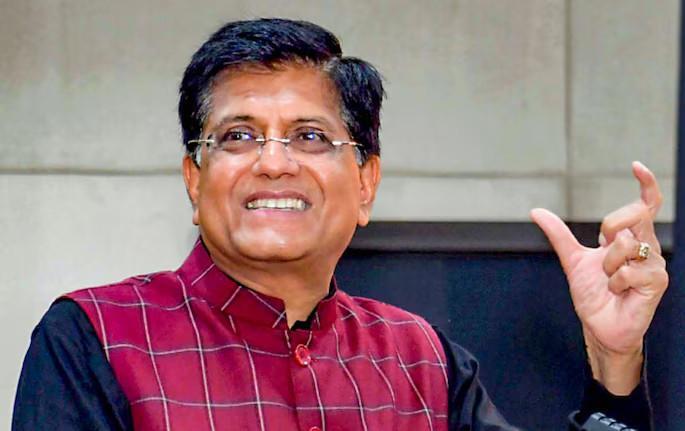
Some songs made by using AI are so filthy: AR Rahman
The music industry is undergoing a significant transformation with the increasing use of Artificial Intelligence (AI) in song creation. While AI has opened up new possibilities for musicians and composers, some industry experts are sounding the alarm about the potential consequences of relying too heavily on technology. One such expert is the renowned music composer AR Rahman, who recently expressed his concerns about the impact of AI on the music industry.
In a recent interview, Rahman reflected on the impending chaos that could ensue if AI is not controlled in the music industry. He stated, “Some of the songs [made with AI’s help] are so filthy… yet they’re released using the voices of popular singers.” Rahman’s comments highlight the growing concern among industry professionals about the quality and authenticity of music being produced with the aid of AI.
The use of AI in music production is becoming increasingly widespread, with many artists and producers utilizing algorithms to create melodies, harmonies, and even entire tracks. While AI can be a powerful tool for generating ideas and automating tedious tasks, it also raises important questions about creativity, originality, and the role of the human element in music-making.
Rahman’s concerns about the music industry are not unfounded. The use of AI in music production can lead to a homogenization of sound, as algorithms may prioritize formulas that have proven successful in the past rather than encouraging innovation and experimentation. This could result in a lack of diversity and creativity in music, as artists may feel pressured to conform to established norms rather than taking risks and pushing boundaries.
Moreover, the use of AI in music production raises questions about the role of human creativity and the importance of human touch in the music-making process. While AI can be used to generate ideas and automate tasks, it is ultimately the human element that brings music to life, imbuing it with emotion, passion, and authenticity. The increasing reliance on AI could lead to a devaluation of the human creative process, as musicians and composers may feel that technology can do the job for them.
Rahman’s comments also highlight the issue of voice manipulation, which is another area where AI is being increasingly used. Vocal processing software is now capable of manipulating the human voice in ways that were previously unimaginable, from pitch-shifting and harmonizing to creating entirely new vocal textures. While this technology has the potential to expand the creative possibilities of music, it also raises concerns about the authenticity and integrity of the music.
Rahman’s solution to the chaos that he sees on the horizon is to create a virtual band with “metahumans”, which he believes will allow him to control the creative process and ensure that his music remains authentic and true to his vision. This approach may be seen as a reaction to the increasing reliance on AI in music production, as Rahman seeks to maintain control over his creative output and ensure that his music remains human-centered.
In conclusion, AR Rahman’s comments highlight the importance of controlling the use of AI in music production, as the industry grapples with the implications of technology on creativity and authenticity. While AI has the potential to revolutionize the music industry, it is essential that musicians and composers remain aware of the potential consequences of relying too heavily on technology and take steps to maintain the human element in their creative process.
Source:






